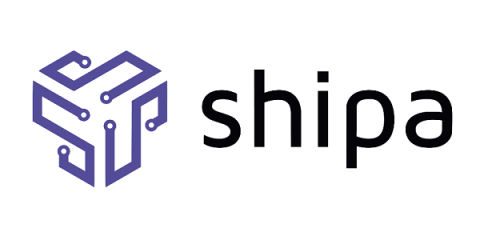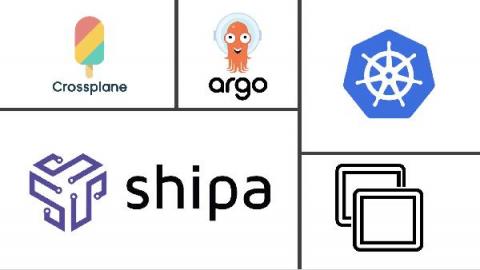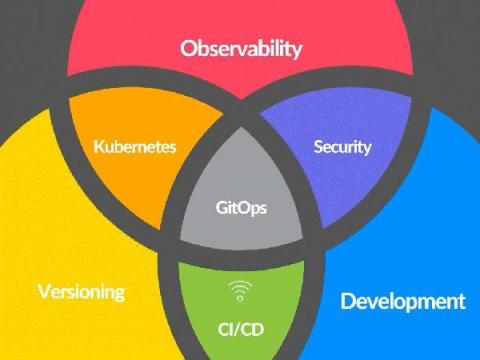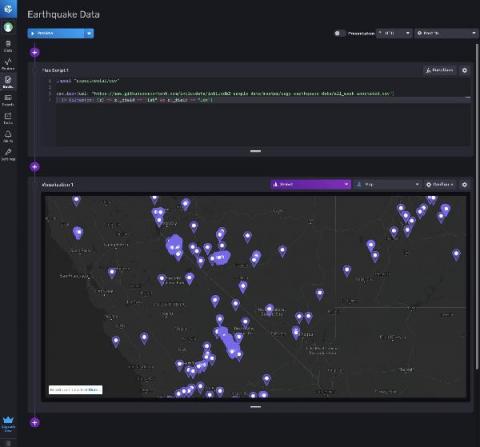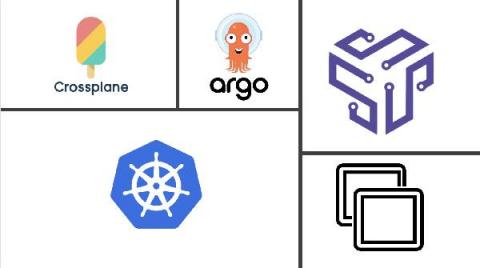Leveraging Your First GitOps Engine - Flux
Not to muddy the waters with one more prefix in front of ops, GitOps is a newer DevOps paradigm that slants towards the developer. As the names states, GitOps is focused around Git, the source code management tool. As a developer, leveraging an SCM is one of the quintessential tools of the trade; allowing for collaboration and more importantly saving your hard work off of your machine.


